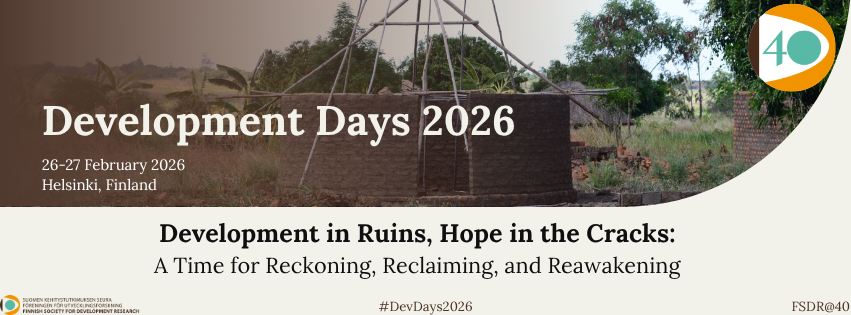WG Coordinators:
Tiina Seppälä, tiina.s.seppala@helsinki.fi
Manoj Bhusal, manoj.bhusal@helsinki.fi
Youth-led movements have gained significant momentum worldwide in recent years,
particularly in the Global South. This Gen Z activism has been especially pronounced in South
and Southeast Asia – including Nepal, Sri Lanka, Indonesia, the Philippines and Bangladesh –
where ‘youthquakes’ have challenged entrenched patronage, corruption and
authoritarianism, and in some instances even contributed to government turnover and
regime change. These movements appear to produce cross-border diffusion through shared
repertoires, digital networks and transnational solidarities. At the same time, they face
substantial constraints, including coercive state responses, socio-economic precarity,
political polarisation and organisational fragmentation. These dynamics raise critical
questions about the internal composition, strategic choices and democratic impacts of Gen Z
activism, as well as its broader geopolitical implications in the Global South.
In our working group, we seek to synthesise theoretical and empirical scholarship on Gen Z
movements, with a primary focus on the Global South and comparative insights from the
Global North. We invite contributions that critically interrogate the following themes:
-
- Conceptualization and measurement: How do Gen Z movements define ‘democracy’, and how do their normative frames translate into concrete demands (anti-corruption, civil liberties, social justice, institutional reform)? What indicators can be used to assess their effectiveness, legitimacy and long-term political impact? How do movements themselves evaluate successes and failures, and what organisational learning occurs across cases?
- Comparative dynamics: What convergences and divergences exist across movements in organisational structure, leadership, digital mobilisation, resource environments and tactical repertoires? How do movements in the Global South differ from those in the North with respect to context, constraints and outcomes?
- Strategy and outcomes: Which strategies (street protest, electoral engagement, legal advocacy, coalition-building, transnational networking) are associated with durable democratic gains versus short-lived mobilisation? Under what conditions do Gen Z movements catalyse institutional change, and what mechanisms (agenda-setting, elite splits, international pressure) mediate these effects?
- Governance and repression: How do states respond (legal restrictions, policing, physical violence, disinformation, co-optation), and how do movements adapt? What roles do socio-economic inequalities, labour market conditions and educational access play in shaping participation and organisational capacity?
- Geopolitical and transnational dimensions: Through what pathways do ideas, tactics and narratives diffuse across borders (diasporas, platforms, NGOs), and with what consequences for regional politics? Do Gen Z movements challenge existing global power structures, and how do states and international actors (IOs, donors, platforms, media) enable or constrain their trajectories?
Please submit your abstract (max 500 words) and a short bio (max 100 words) to both
coordinators by email by 30 November 2025.
